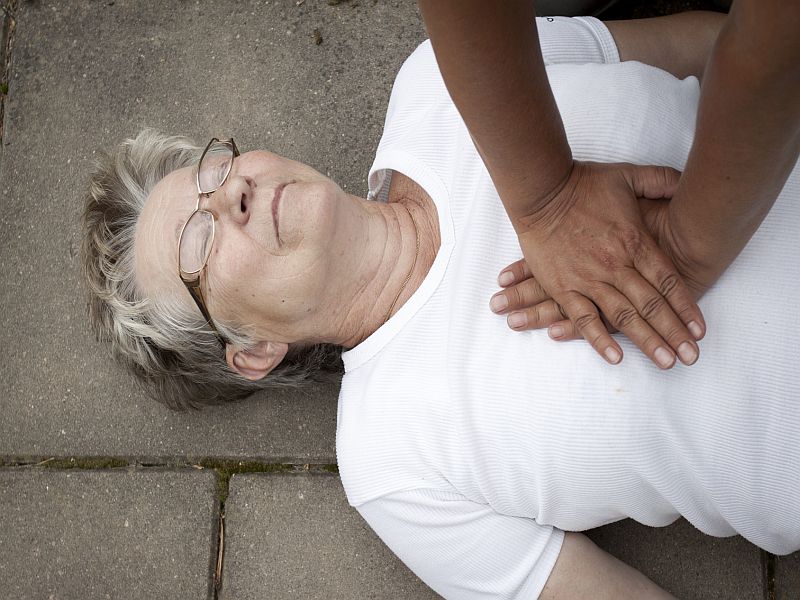
Getting immediate treatment at a specialized heart center — rather than the nearest local hospital — improves your chance of survival if your heart stops beating, a new study suggests.
Researchers reviewed data from more than 41,000 people in Denmark. All of them had cardiac arrest — which means their hearts suddenly stopped beating — between 2001 and 2013. None were in a hospital when their cardiac arrest happened.
Of those patients, 29 percent were admitted directly to a specialized heart center. The rest were taken to a local hospital.
Nine percent of patients were still alive after 30 days. The researchers calculated that those patients who were immediately taken to a specialized heart center were 11 percent more likely to be alive after 30 days than those taken to a local hospital.
The distance someone had to travel to get to a specialized heart center didn’t affect the risk of death, according to the study in the European Heart Journal.
The researchers noted that patients at specialized heart centers are more likely to undergo coronary angiography and percutaneous coronary intervention. These are procedures to diagnose and treat blockages in blood vessels supplying the heart with blood. Cardiac arrest patients who received these procedures were 45 percent more likely to survive than those who didn’t.
These procedures are most effective if performed within six hours of the first call to emergency services, the researchers said.
“We acknowledge that you should always be careful when generalizing results to other countries with different emergency services, treatments available before arrival at hospital, medical culture and so on,” said study leader Dr. Tinne Tranberg, a cardiologist at Aarhus University Hospital in Denmark.
“However, we do think our results are applicable to other countries. These findings are in line with experience regarding performance of percutaneous coronary intervention, which show that high-volume invasive heart centers are associated with better outcomes for patients,” Tranberg said in a journal news release.
More information
The American Heart Association has more on cardiac arrest.
Source: HealthDay

Leave a Reply